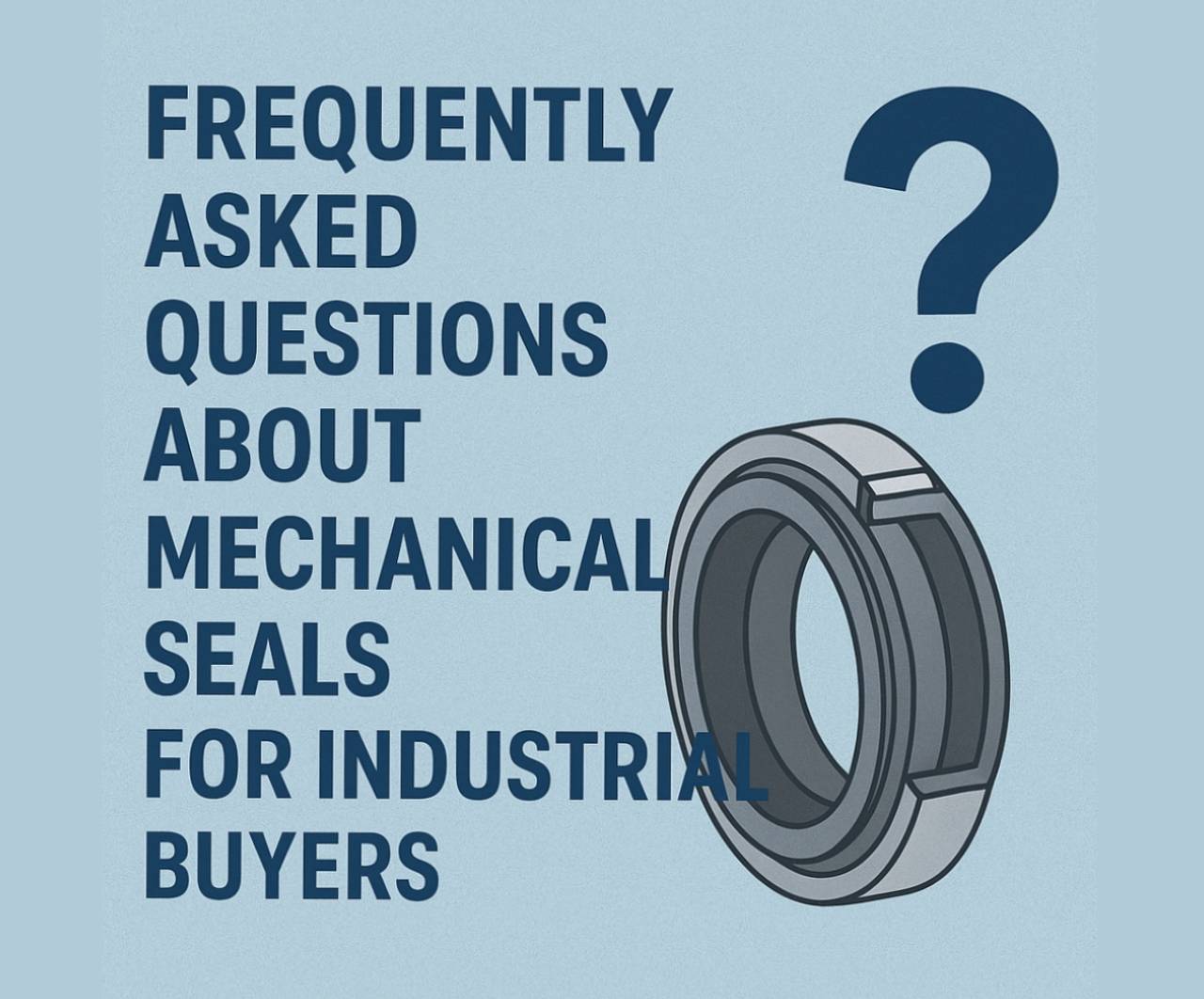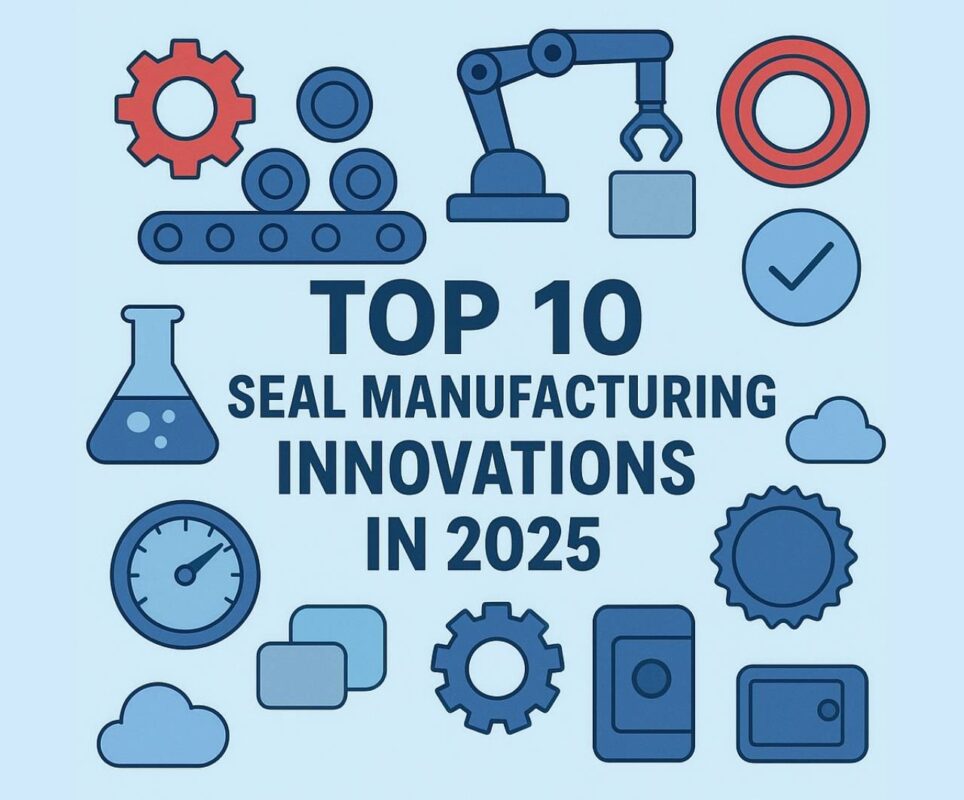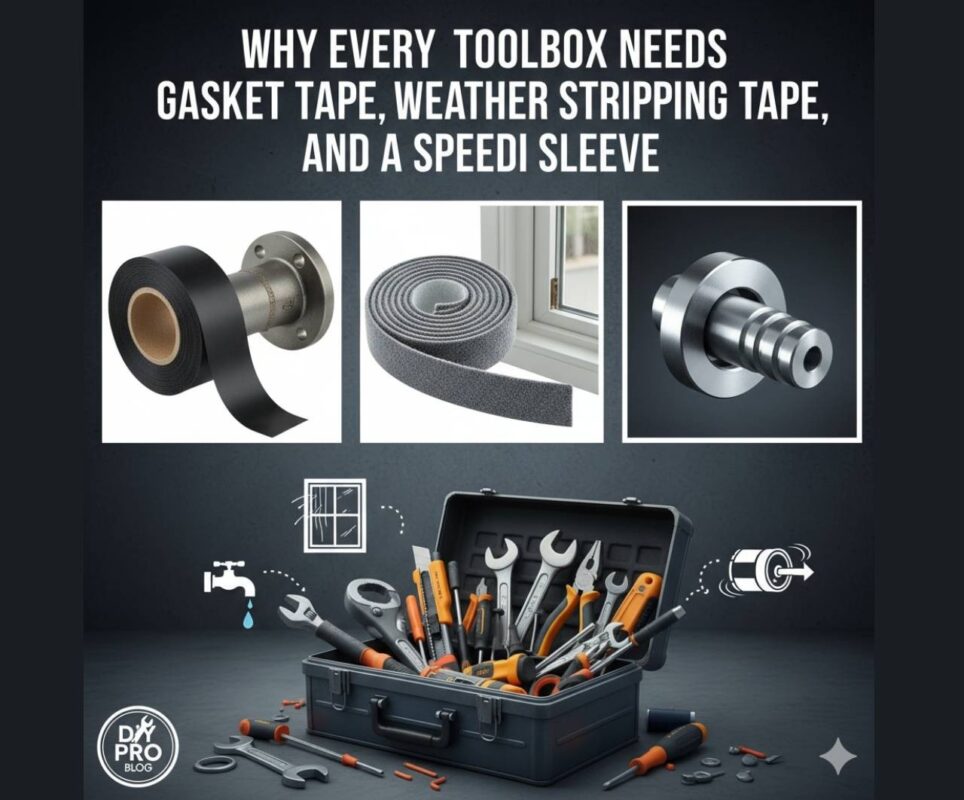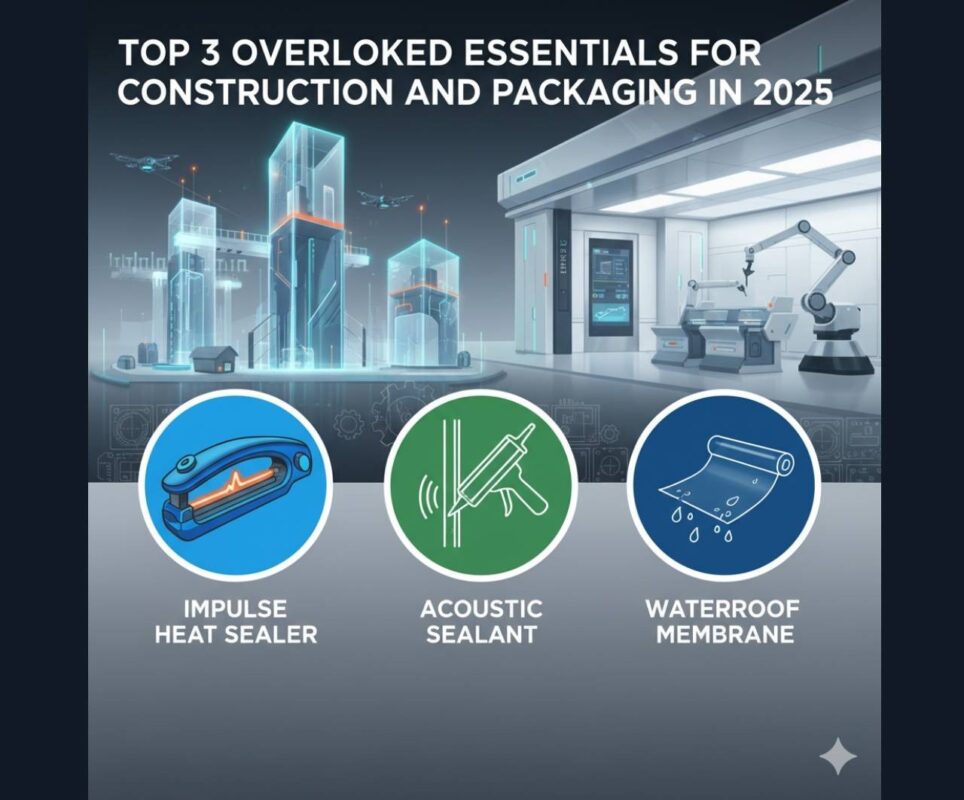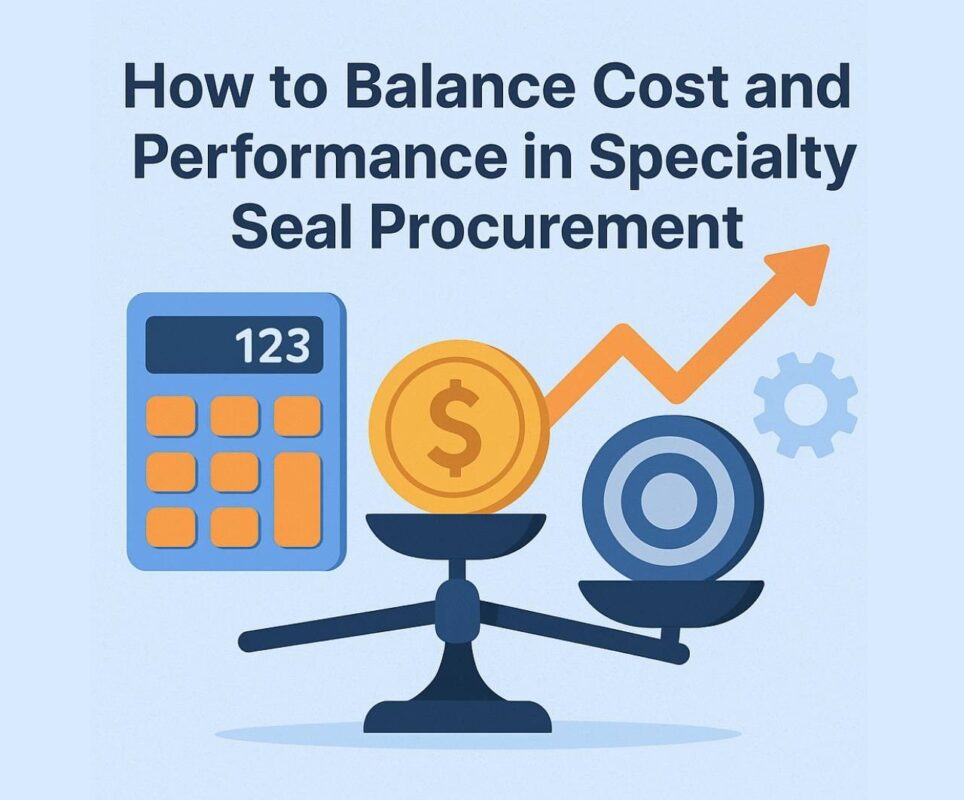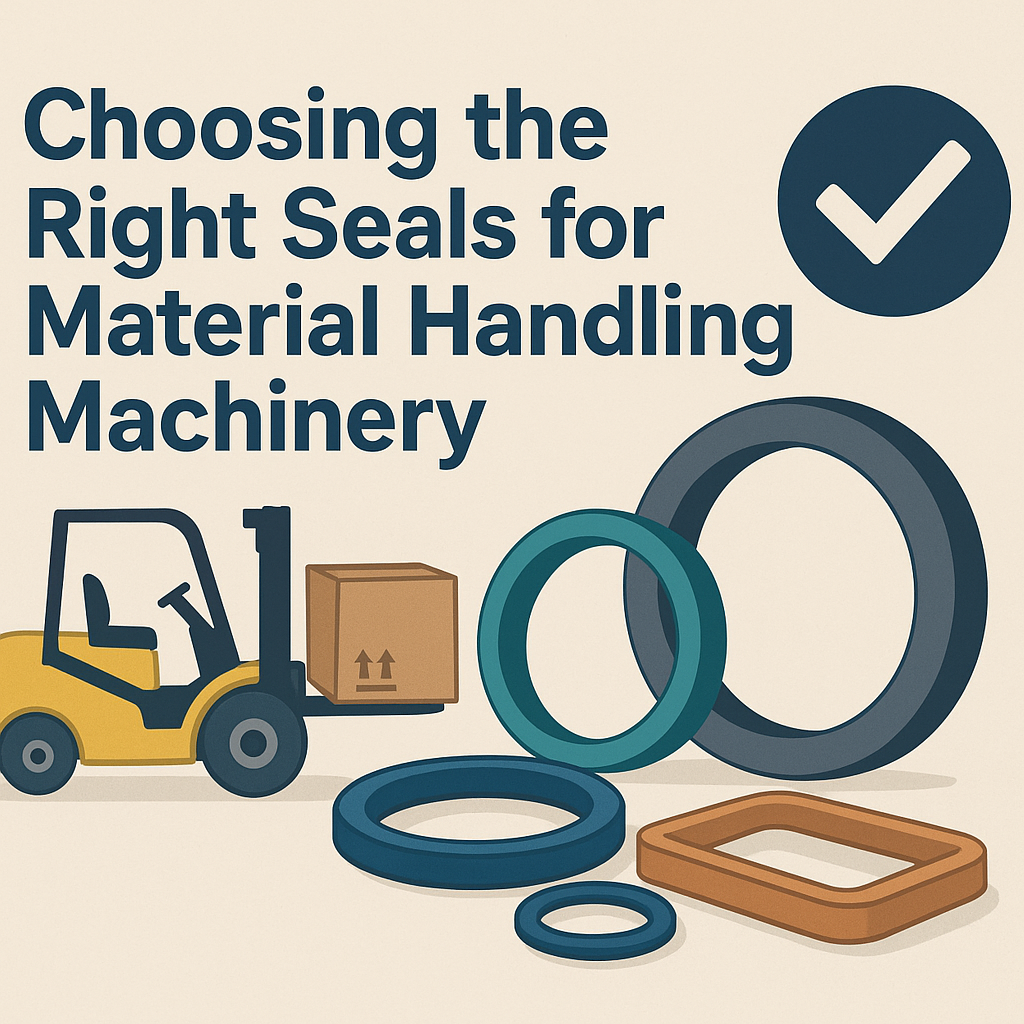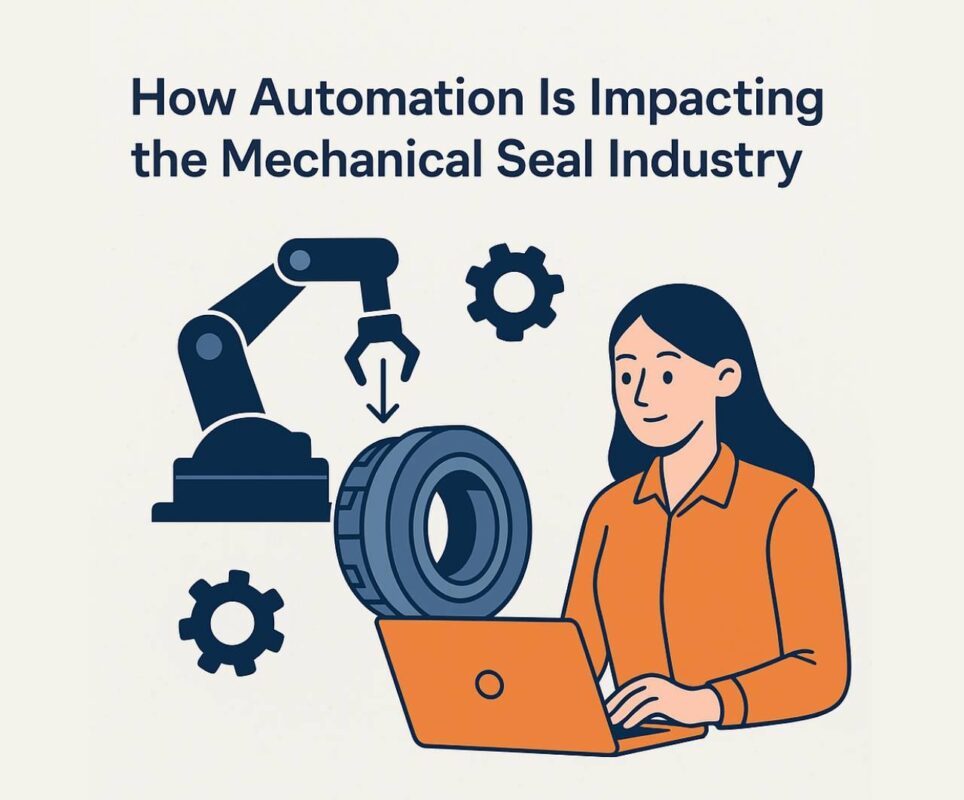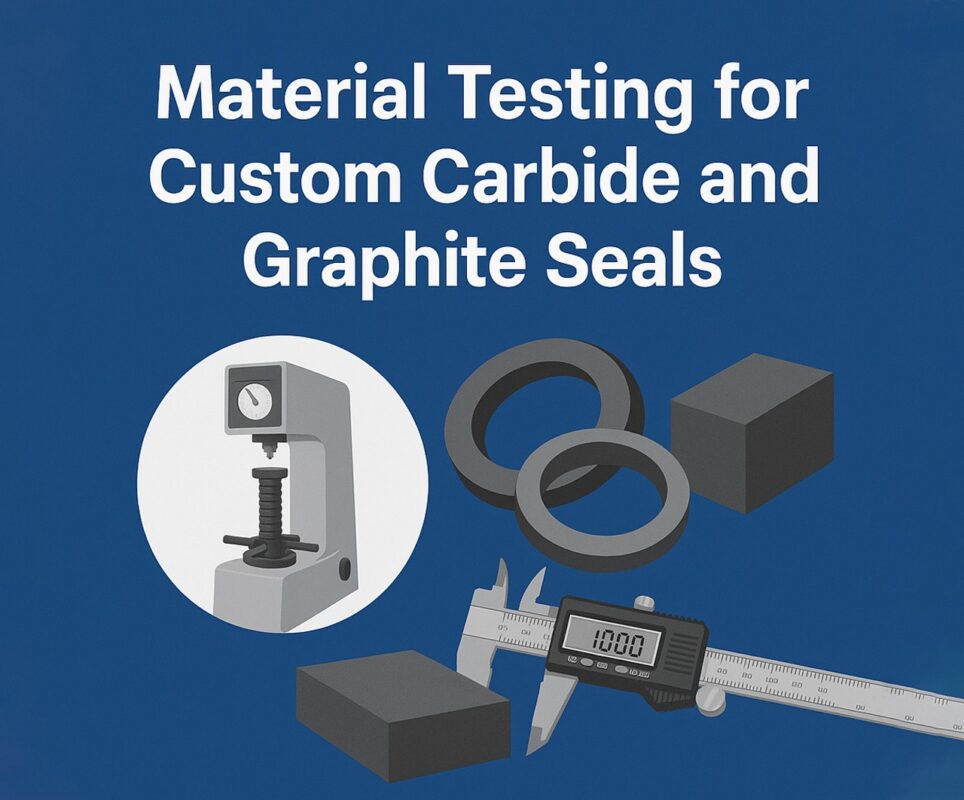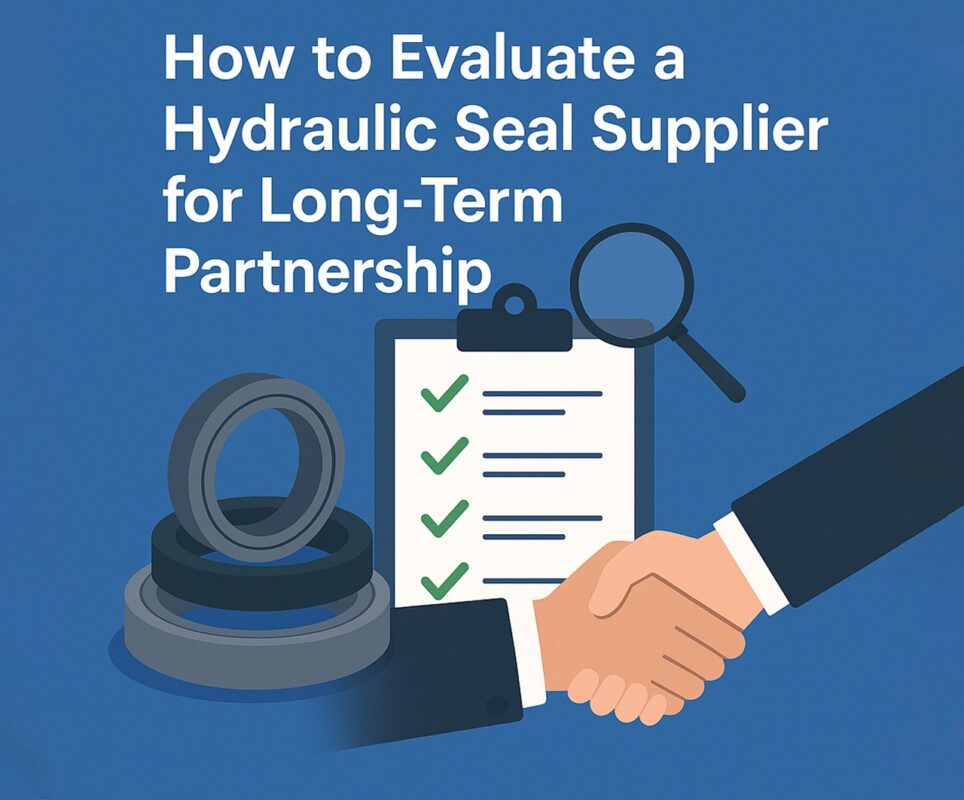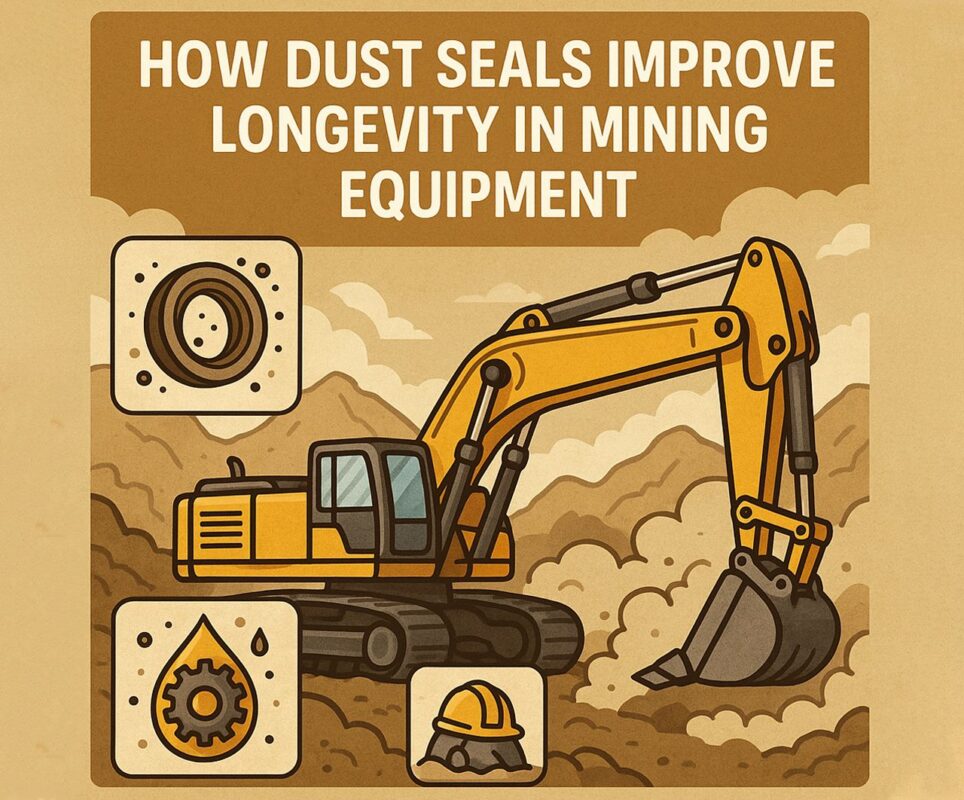When specifying equipment for critical industrial processes, getting your sealing systems right is essential for efficiency, safety, and long-term reliability. Whether sourcing a colossus mechanical seal, a component mechanical seal, or a compressor mechanical seals, buyers have plenty of important considerations to navigate. To help simplify the decision-making process, this guide addresses the most frequently asked questions from industrial buyers investing in these crucial components.
In this article, we’ll explain seal types, performance factors, selection advice, and fresh ideas to help you make smarter, more cost-effective decisions. Know more..
What Is a Mechanical Seal?
A mechanical seal is a device used to prevent leakage of fluids, gases, or contaminants between a rotating shaft and its housing under pressure. Instead of traditional packing materials, it uses flat, lapped seal faces made of materials like carbon, silicon carbide, or ceramic.
Mechanical seals are installed in pumps, mixers, and compressors to ensure controlled fluid containment and prevent system contamination. Whether you’re ordering a colossus mechanical seal for a refinery pump or a compressor mechanical seal for a gas processing plant, the core principle remains the same: maintain a secure, reliable seal under pressure and motion.
What Is a Component Mechanical Seal?
A component mechanical seal consists of two or more separate parts — typically a rotating face, a stationary face, and a set of secondary sealing elements. These components are assembled in the field by maintenance technicians.
Advantages:
- Often more affordable than cartridge seals.
- Can be rebuilt or refurbished.
- Flexible for diverse equipment setups.
Limitations:
- Requires precision installation and careful setting of tolerances.
- More prone to misalignment if not installed correctly.
Pro Tip: If choosing a component mechanical seal, ensure your maintenance team is trained in proper installation procedures to prevent premature leakage or seal face damage.
When Should You Choose a Colossus Mechanical Seal?
The colossus mechanical seal is engineered for large-diameter, high-pressure, or highly abrasive process systems. Commonly used in:
- Oil and gas extraction pumps
- Refinery fluid transfer systems
- Slurry transport in mining
- Large industrial compressors
Advantages:
- Robust, heavy-duty construction.
- Designed for oversized shafts and extreme conditions.
- Capable of withstanding pressure spikes and aggressive media.
Note: While a colossus mechanical seal delivers unmatched durability, it requires appropriate maintenance schedules and spare inventory for high-demand systems.
What Is a Compressor Mechanical Seal?
A compressor mechanical seal is specifically designed to operate under the dynamic conditions of gas or air compressors. These seals endure high rotational speeds, pressure fluctuations, and temperature changes.
Key Considerations:
- Must manage gas barrier systems.
- Prioritize low emissions sealing.
- Handle wide temperature gradients.
Common materials include silicon carbide, carbon graphite, and tungsten carbide for seal faces, offering high wear resistance and temperature stability.
How Do Mechanical Seals Prevent Leakage?
Seals prevent leakage by maintaining a controlled, lubricated interface between two flat seal faces. A micro-thin fluid film prevents face contact while acting as a barrier to process fluid escape. The success of a compressor mechanical seal or component mechanical seal depends on factors like:
- Correct face loading pressure.
- Smooth, flat face surfaces.
- Proper lubrication.
- Precise alignment and gland tolerances.
FEA (Finite Element Analysis) is often used by manufacturers to model seal performance and leakage risk under varied operating conditions.
How Are Mechanical Seals Cooled and Lubricated?
Most mechanical seals rely on the process fluid for cooling and lubrication. In demanding applications, external flush plans or barrier fluid systems manage temperature and contamination control.
- Colossus mechanical seal systems may include double seals with pressurized buffer fluid systems.
- Compressor mechanical seal systems typically use dry gas seal technology with nitrogen or inert gas as a buffer.
Selecting the right support system extends seal life, lowers emissions, and enhances overall process safety.
Can Mechanical Seals Be Repaired?
Yes — both component mechanical seals and colossus mechanical seals can be refurbished under the right circumstances. Repair involves:
- Cleaning and inspecting seal faces.
- Replacing secondary seals (o-rings, bellows).
- Lapping seal faces to restore flatness.
- Testing for leakage and pressure tolerance.
Repair services offer cost savings over new replacements and reduce downtime for critical industrial systems.
What’s the Typical Service Life of a Mechanical Seal?
Service life varies widely based on operating conditions:
- Colossus mechanical seal: 3–7 years in heavy-duty applications.
- Component mechanical seal: 1–3 years depending on installation quality.
- Compressor mechanical seal: 3–5 years with clean gas service.
Factors influencing lifespan include temperature, pressure, media abrasiveness, and maintenance practices.
Tip: Implementing a preventative maintenance schedule and fluid quality monitoring extends seal life considerably.
Are API Standards Relevant for Industrial Buyers?
Absolutely. API 682 sets the global benchmark for mechanical seal design, testing, and reliability in petroleum, chemical, and gas industries.
For buyers specifying a colossus mechanical seal or compressor mechanical seal, confirming API 682 compliance ensures the product has been vetted for:
- Leakage control performance.
- Pressure and temperature ratings.
- Endurance test cycles.
- Material compatibility.
New Ideas: Smart Monitoring for Mechanical Seals
Recent advancements in IoT technology allow real-time monitoring of mechanical seal health. Smart sensors track:
- Seal face temperature.
- Vibration and shaft movement.
- Leakage rates.
These systems provide predictive maintenance alerts before catastrophic failures, reducing downtime and repair costs. They’re increasingly standard on compressor mechanical seal systems in refineries and chemical plants.
Final Thoughts
Selecting and maintaining the right mechanical seal is mission-critical in industrial systems. Whether choosing a colossus mechanical seal for heavy-duty applications, a field-serviceable component mechanical seal, or a specialty compressor mechanical seal, buyers should prioritize reliability, API compliance, maintenance accessibility, and proven manufacturer support.
Integrating modern technologies like smart monitoring and predictive analytics further improves operational uptime and reduces total lifecycle costs. A properly specified mechanical seal protects your assets, improves efficiency, and safeguards your bottom line. Know more..

